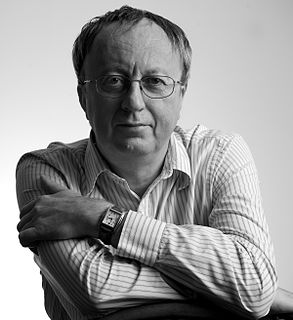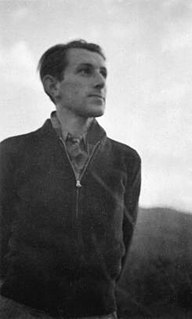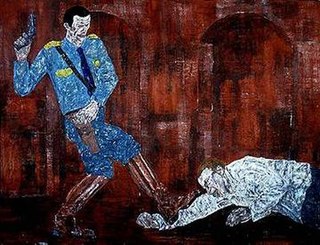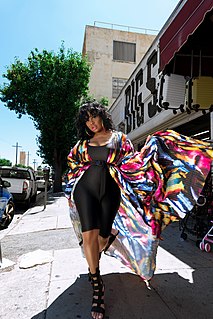A Quote by David Hewson
Why do we use flash at all? Because photography is not the same as eyesight. We can see in low-light situations where cameras, dependent upon a physical process to record visual information, are half blind.
Related Quotes
Most people think visual information is more important than aural information - like, what's this big deal about sound? And why should I bother to listen, rather than look? And here are the facts: there are blind species, in the backs of the caves, the bottoms of the oceans. It's not essential on planet Earth to be able to see, to be a species. But there are no deaf animal species. You have to be able to hear, or you won't get the information you need in order to survive.
And I was very successful at baby photography... Strange isn't it? Because some of my portraits of babies were - I used dramatic lighting, shadow lighting, and I didn't use flash. We didn't have flash in those days, we just had floodlights, and I was photographing babies as I would an object - an inanimate object, for that matter.
Anthropology... has always been highly dependent upon photography... As the use of still photography - and moving pictures - has become increasingly essential as a part of anthropological methods, the need for photographers with a disciplined knowledge of anthropology and for anthropologists with training in photography has increased. We expect that in the near future sophisticated training in photography will be a requirement for all anthropologists. (1962)
The brain "fills in" the missing information from the blind spot. Notice what you see in the location of the dot when it's in your blind spot. When the dot disappears, you do not perceive a hole of whiteness or blackness in its place; instead your brain invents a patch of the background pattern. Your brain, with no information from that particular spot in visual space, fills in with the patterns around it. You're not perceiving what's out there. You're perceiving whatever your brain tells you.
Through the history of my records, from when I started controlling the visual, I always used lower case letters for everything, I can't even explain why that is. The character is actually me, and I think once you see the film for the record, or see the video or really get in to the record, that will all sort of reveal itself to you.
At the beginning, people laughed at me because I was using snappies. Sometimes, a celebrity would look at my camera and go, Oh, I've got one of those. I'd feel like handing it to them and saying, Well, you take the pictures then. But I like using snapshot cameras because they're idiot-proof. I have bad eyesight, and I'm no good at focusing big cameras.
The first half of the 20th century belongs to Picasso, and the second half is about photography. They said digital would kill photography because everyone can do it, but they said that about the box brownie in 1885 when it came out. It makes photography interesting because everyone thinks they can take a picture.

































